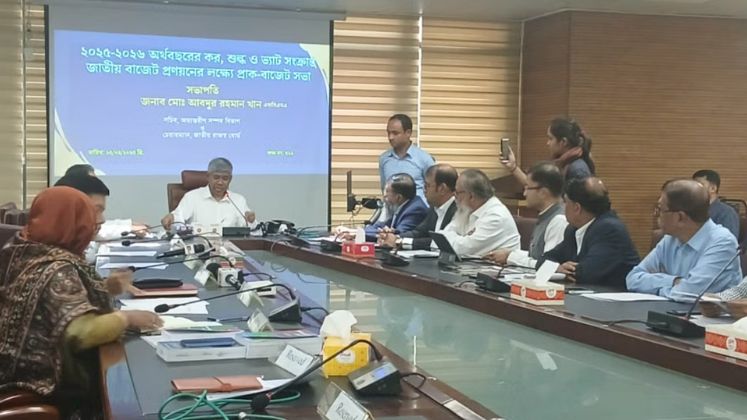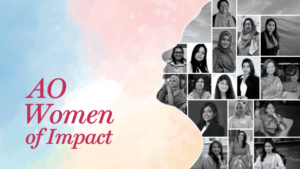
In a pre-budget meeting held at the National Board of Revenue (NBR) headquarters in Dhaka, apparel industry stakeholders emphasized the importance of maintaining existing corporate tax rates for the readymade garment sector.
Inamul Haq Khan, a member of the support committee at the Bangladesh Garment Manufacturers and Exporters Association (BGMEA), expressed these concerns, highlighting that the current corporate tax rates are set at 12 per cent for export-oriented garment factories and 10 percent for green factories, remaining effective until 30th June 2028.
Khan warned that altering the corporate tax rate could undermine the confidence of both local and foreign investors, countering the positive momentum established during the recent investment summit. He stated, “Changing the corporate tax rate will erode the confidence of local and foreign entrepreneurs and go against the spirit of the recently concluded investment summit.”
In response to these issues, NBR Chairman Abdur Rahman Khan reaffirmed the board’s dedication to tackling discriminatory tax practices and minimizing exemptions. “Our goal is to shift away from the sporadic exemptions that have been given over the years,” he stated, noting that the NBR is ready to make changes if there is agreement among stakeholders.
The chairman acknowledged the challenges posed by tax expenditures, including reduced rates and exemptions, and emphasised the need for a more uniform tax structure to prevent discrimination among different sectors.
Khan also pointed out the necessity of increasing revenue, citing Bangladesh’s low tax-to-GDP ratio of approximately 7 per cent amid a growing fiscal deficit. He cautioned that without increasing our revenue, we won’t be able to maintain this trajectory.
During the meeting, the SME Foundation proposed allowing quarterly VAT return submissions for small and medium enterprises (SMEs) with an annual turnover of up to Taka 5 crore. Additionally, they requested a 10-year tax holiday for industries related to leather, leather goods, garment accessories, and backward linkages.
In a separate appeal, the Bangladesh Society for the Change and Advocacy Nexus (B-SCAN), a volunteer organization, urged the NBR to increase the tax-free income threshold for persons with disabilities from Taka 4.75 lakh to Taka 6 lakh. They also called for higher monthly allowances for individuals with disabilities, based on the type of disability, and proposed increasing taxes on tobacco products to offset the costs associated with these measures.






